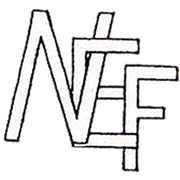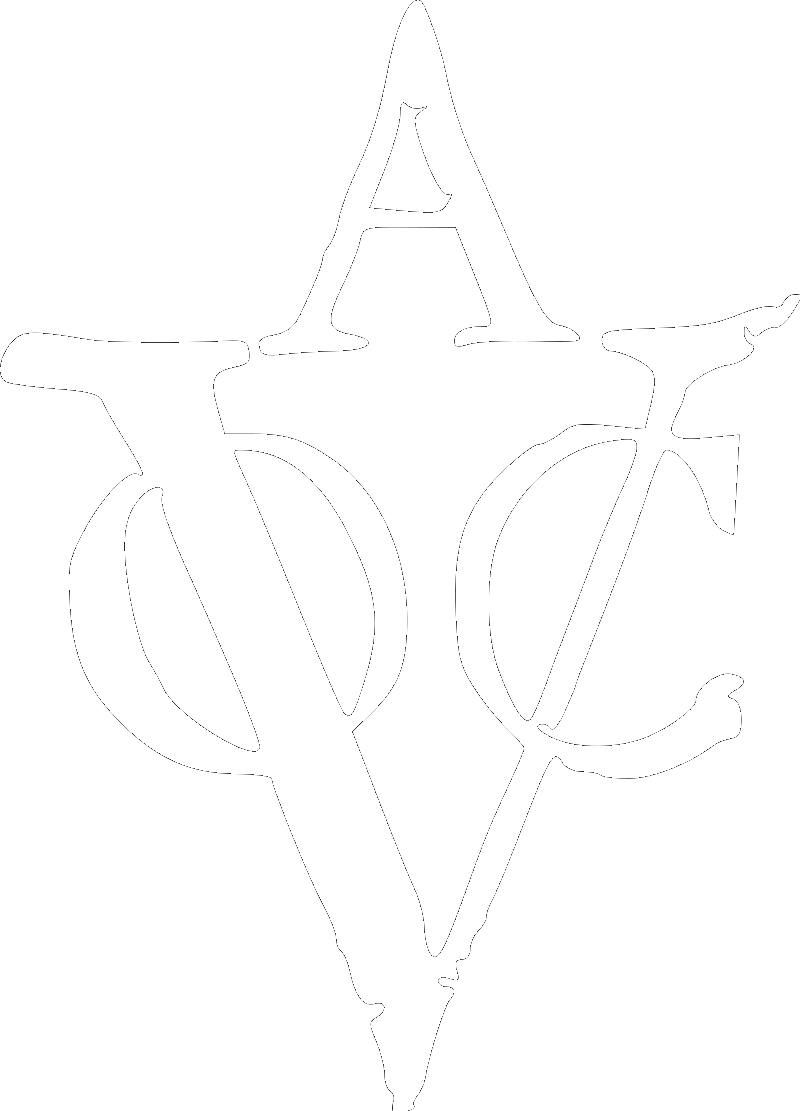When and why did your parents move to Australia?
My parents arrived separately in Australia after WWII. My mother was 19, and came with her family, while my father was 25 and came on his own. I have always been interested in their story. It can’t have been easy for them to migrate to a new country, particularly one where they didn’t speak the language, and had to find a job, a house and build a new life in a new country.

What does Dutch identity and culture mean to you?
As I was growing up, we didn’t speak much Dutch at home. My parents didn’t really use Dutch back then, only sometimes when they didn’t want us to understand them! I always wanted to learn it, unlike my brothers at the time. I had always enjoyed learning languages like French and Italian at school, but was drawn to learn Dutch because I felt it was such a part of my identity and heritage.
I studied Dutch for two years in Melbourne, and then I spent a year studying in Leiden doing “Nederlandkunde”, a course designed to train non-native-Dutch speakers to teach Dutch outside of the Netherlands.
My parents would tell stories about their Dutch childhood and there were many pictures on the wall of places they’d grown up, but I had no real experience of it myself. We still have family overseas, and I spend time with them when I am there. It is quite special to have these family connections. I always felt very welcome with them, even though we barely knew each other.
During my studies in Leiden I went to all kinds of student meetings and clubs. I still remember that I couldn’t become a member of Minerva, one of the clubs, because I wasn’t Dutch. I thought it was ridiculous! I feel Dutch and I felt so at home there, but they still excluded me. At times like these you realise that you are considered a foreigner in what is really your own homeland.
Can you tell us a bit about Zing!?
My dad sang in church choirs, he sang beautifully. I always had the dream I could sing like him and perform in the big Christmas performances. I only started singing when I saw my partner in a choir and did a concert with them that had a theatre role. I have a lot of experience in theatre.
My dad sang in church choirs, and had a beautiful voice. I always wanted to sing like him and perform. My partner has sung in choirs for many years, and perhaps this inspired me to sing more too. We had a home singing group that ran for many years, and I took part as a member of the chorus in two music theatre productions in 2003.
Four years ago, our conductor Jeannie and her friend Annemarije wanted to start a Dutch community choir; They contacted us to help put together the repertoire and the aim of the choir. At that time, it was just the singing, no musical instruments. At the time I had been playing a little bit of guitar. I had been sitting in on my son’s guitar lessons and had bought myself a guitar from Aldi so I could practise at home too. I offered to accompany the choir, along with some others, and have been doing that ever since.
What brings the Zing members together is an interest in Dutch language, Dutch culture and singing. Some members have Dutch heritage like me, other members migrated themselves, some have Dutch partners.
When we perform, all background differences disappear and we form a coherent Dutch choir.
Since the 80s I have been listening to the Dutch radio in Melbourne. My mother used to play Kleine Café, so I knew that one . Most songs we sing at Zing! are new to me, I like learning the new songs. There appears to be no taboo anymore around singing in Dutch, for a long time, people in the Netherlands seemed to be ashamed of the Dutch language. Now it has become popular!





















